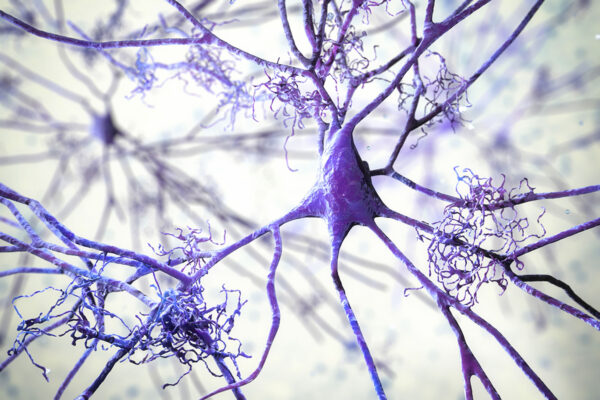
In the world of generative artificial intelligence, generative adversarial networks (GANs) are simultaneously forgers and detectives identifying forgeries. GANs use artificial neural networks to generate new data (the forger) and evaluate that data to determine if it’s real or fake (the detective). The forger and the detective train against each other until the GAN’s created data is indistinguishable from the real thing. GANs can create or enhance images, sound and video based on incomplete or low-quality data, making them especially useful in challenging environments, including inaccessible, remote or embattled settings.
Improving the performance of GANs in such challenging environments is the focus of new research led by Yevgeniy Vorobeychik, a professor, and co-investigators Ning Zhang and William Yeoh, associate professors, all in the Department of Computer Science & Engineering in the McKelvey School of Engineering at Washington University in St. Louis. The team received a three-year $1.5 million grant from the U.S. Department of Defense (DOD)’s Office of Naval Research to support their work on federated learning for generative AI.
Traditional GAN models rely on centralized data repositories, making them impractical for many DOD applications where data is stored on remote devices in dynamic environments. Federated learning, a decentralized framework that enables training models across distributed devices without the need for data sharing, has gained traction in some areas of machine learning. But its application to GANs, especially in the complex and varied environments encountered by the DOD, is still largely unexplored.
Read more on the McKelvey Engineering website.


